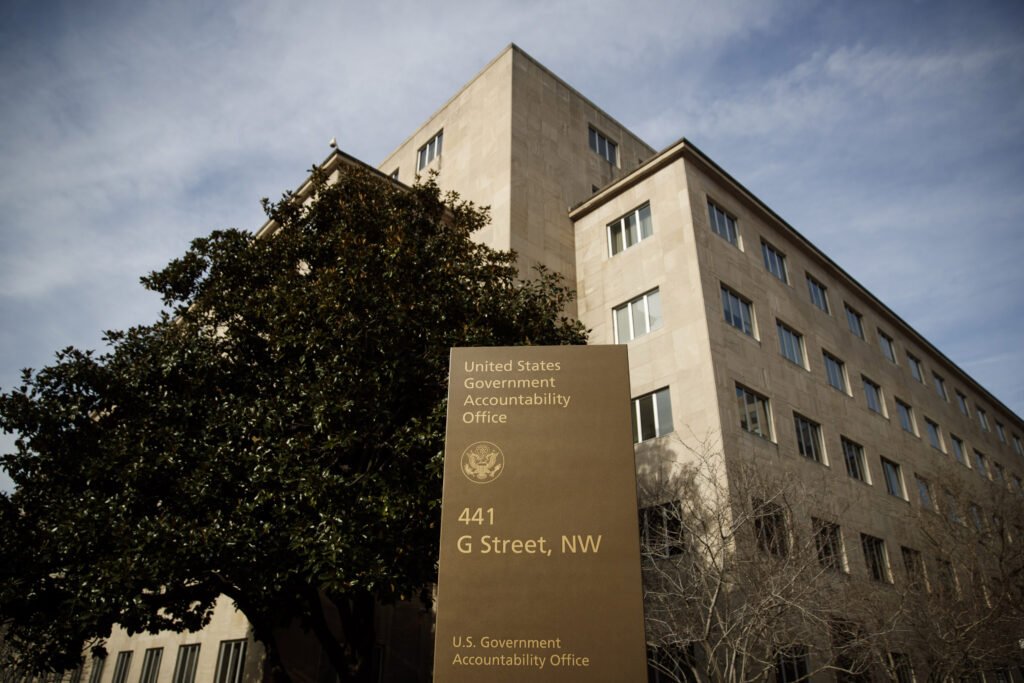The United States Government Accountability Office is currently conducting an examination of the costs associated with operating the nation’s only active Medicaid work requirement program, known as the Georgia Pathways to Coverage program. This investigation comes at a time when Republican state and federal lawmakers are considering implementing similar requirements in other states.
According to KFF Health News, the GAO’s analysis of the Georgia program is expected to be released in the fall, shedding light on the financial implications and operational challenges of such initiatives. The Trump administration’s focus on reducing waste in federal programs has paved the way for initiatives like the Medicaid work requirements, with the aim of cutting $880 billion from the federal deficit over a decade.
Despite growing support for work requirements from some lawmakers, recent polling by KFF indicates that a majority of the public, regardless of political affiliation, oppose funding cuts to Medicaid. The potential impact of these cuts on vulnerable populations is a cause for concern, especially as more states seek approval from the federal government to implement work requirements for Medicaid enrollees.
The experiences of states like Georgia and Arkansas, the only two states to have implemented such programs, have shown that work requirements can lead to a decrease in Medicaid enrollment while adding significant administrative costs. The GAO’s investigation aims to provide Congress with a comprehensive understanding of these challenges before they rush into implementing similar programs without careful consideration.
The Trump administration has been a proponent of work requirements, despite the significant costs involved in running these programs. The manual verification of enrollees’ eligibility and monitoring compliance add layers of bureaucracy and financial burden to state governments. While most adults eligible for Medicaid expansion were already working or exempt from requirements, the implementation of work requirements has faced backlash from the Biden administration and federal courts.
In Georgia, the Pathways to Coverage program has cost over $57 million in state and federal funds since its inception in 2023. Despite enrolling a relatively small number of individuals compared to a full Medicaid expansion, the program has slowed down processing times for other benefit programs in the state. Governor Brian Kemp’s office has defended the program, pointing to the state’s successful state-based Obamacare exchange as evidence of cost-effectiveness.
As the GAO investigates the costs and effectiveness of Georgia’s work requirement program, Democratic senators have called for a thorough examination of the program’s impact on taxpayers and coverage. The findings of this investigation are expected to provide valuable insights into the true costs and benefits of implementing work requirements for Medicaid enrollees.


